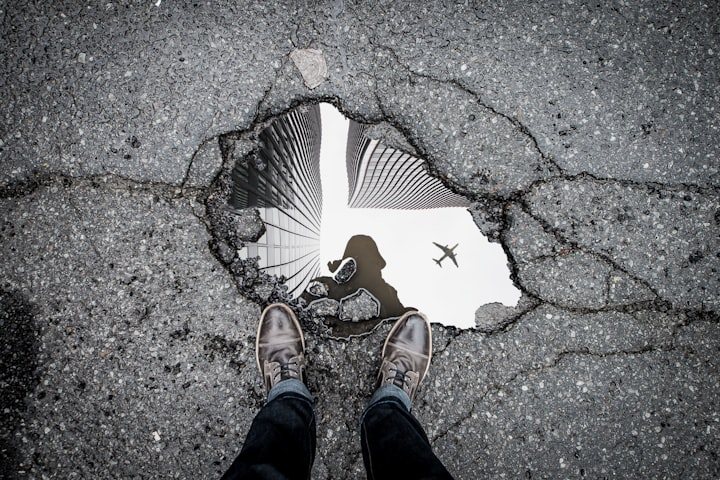
Period pains hurt. For some women, period pains hurt bad. For some women, period pains hurt really bad. For some women, their period pains are so bad they’re diagnosed with endometriosis.
“Endometriosis is a condition where tissue similar to the lining of the womb starts to grow in other places, such as the ovaries and fallopian tubes.” — National Health Service
Unfortunately, endometriosis is a term that has recently been picked up in society, and there’s still a lot more research to go. 10% of women around the world have been diagnosed with endometriosis, which is approximately 176 million.
In the video below, a woman talks about how it took her seven and a half years to finally get a diagnosis. On average, it will take a woman eight years to receive a diagnosis. If we do the math, a woman has her period 12 times a year. If we times that by 8, that’s 96 episodes of agonising pain a woman with endometriosis must endure.
How can it be treated?
Endometriosis is a chronic disease and cannot be cured. Doctors will usually prescribe strong painkiller medication or a contraceptive pill to help with the pain. But for some, this is not enough.
Recently, Molly-Mae announced that she will have to have keyhole surgery to help significantly reduce the pain of her endometriosis, even though for years she had been told by healthcare professionals she did not have the condition. There is a 40% chance that her pain will come back, but at least there’s a bigger chance that it won’t.
Endometrosis does not just affect young women, but women of all ages. Lisa Maffia was recently admitted to the hospital and administered morphine due to her pain. She’s 42 years old.
Endometrosis is simply not recognised enough in society or even by healthcare professionals. Those who do not experience menstrual pains will have no idea how painful it can get and have a tendency to disregard the seriousness of the situation. Males in particular will of course struggle to understand the pain as they will never experience it themselves.
Is it a disability?
For many women, menstrual pains, in general, will disrupt their daily activities, this is definitely the case for me. The Equality Act 2010 lists it as a disability. Nonetheless, it should not be seen as a disability immediately as women experience different levels of pain.
In the workplace, I have always had the idea that women should be able to take a day or two off work if their period pains are consistently severe. For a good few months at my old job, I had to go home whenever my period pains kicked in and would find myself crying on the toilet seats and hiding for long periods of time. Tasks were not carried out correctly and it was impossible to learn anything new as I could only focus on the pain.
There is small quantitative evidence that endometriosis can cause other serious medical conditions. For example, ovarian cancer is more common in those with endometriosis. Additionally, fertility problems can also arise and damage the ovaries or the fallopian tubes.
When will women catch a break?
What can we do about it?
For starters, it just needs to be recognised that when women are claiming to be in really bad pain, please believe them and stop underestimating us. If women can give birth multiple times, then I’m sure we can identify what bad pain feels like.
Endometriosis Awareness Month occurs in March every year. It was founded by The Endometriosis Association back in 1993. Most people have only heard of this condition from 2020, so if it’s been around since 1993, that helps prove that many are still not aware of this condition.
As I mentioned, workplaces also need to be more considerate when it comes to that special time of the month. Perhaps women could have half days when they recognise they’re in severe pain? I fear this option will never become available as corporate companies will not want to pay out for the sick leave. Many women may not even want to take this type of sick leave due to fear of being judged and jeopardising their careers.
We still have a long way to go.
Reader insights
Outstanding
Excellent work. Looking forward to reading more!
Top insights
Heartfelt and relatable
The story invoked strong personal emotions
On-point and relevant
Writing reflected the title & theme






Comments (3)
Great expose thanks. Always good to bring these issues out into the open.
thank you for sharing this information. Getting the facts out there can help so many who are suffering and not knowing what is going on.
This is a very good story about this condition that women face across the globe. This story is very prevalent in 2024 with the war against women by certain extremists groups in today's society. I am 74. I had long horrifying periods beginning at 9 years old. It was 1959. The world was a complete narcissistic patriarchal society. We can never go back to those days.